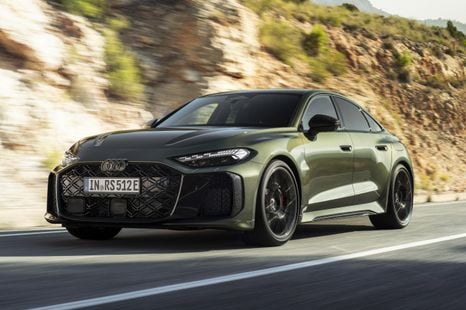

Matt Robinson
2026 Audi RS5: Plug-in hybrid V6 out-muscles RS6's twin-turbo V8
3 Hours Ago
Electric car sales are up to start 2021 thanks to new products at the entry-level and top-end of the market.

Contributor
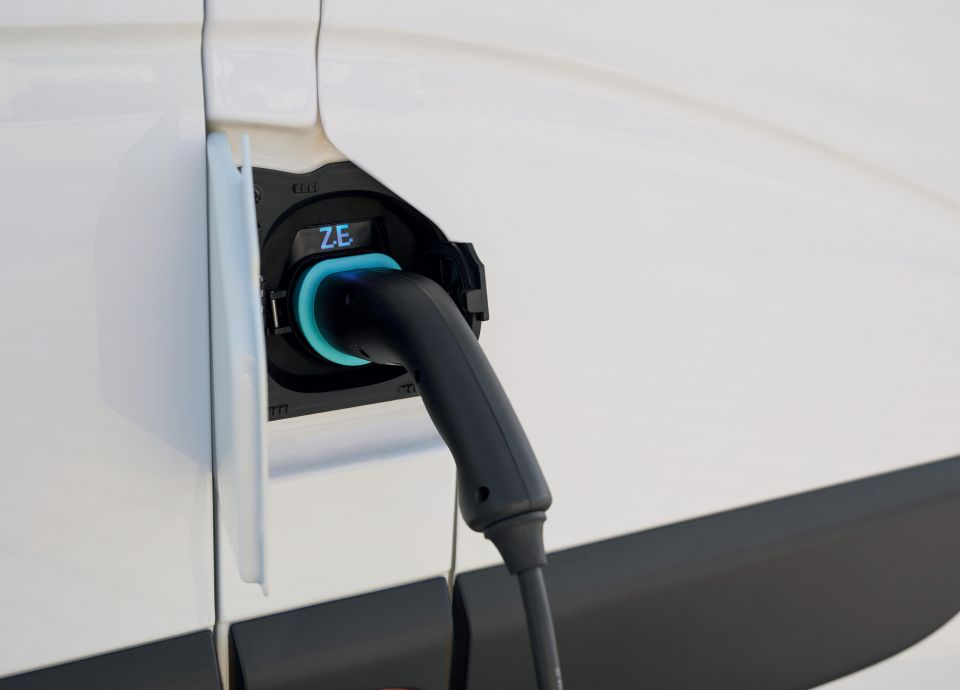

Contributor
Electric car sales are off to a strong start in 2021, with more than 550 pure-electric cars finding a home in January and February.
According to VFACTS new car sales data, the year-to-date total of 558 sales is an increase of 105.1 per cent over the same point in 2020.
The sales growth is being driven in part by the arrival of new pure-electric cars to Australia.
MG has the highest electric sales numbers in Australia, finishing February with 268 reported sales of its ZS EV SUV – the nation’s cheapest electric vehicle, with a $43,990 drive-away price tag.
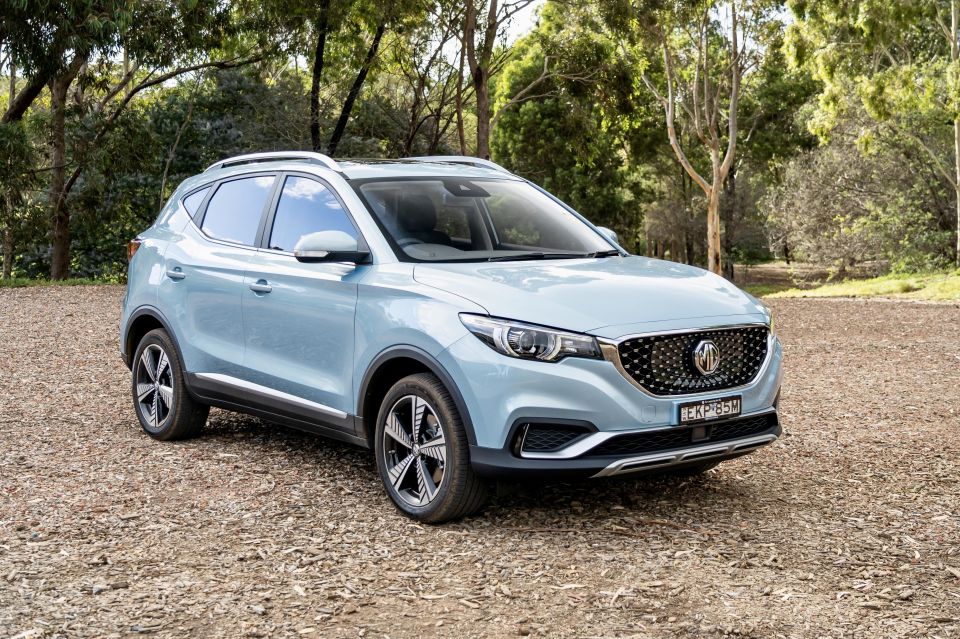
At the other end of the market, Porsche has welcomed its four-door Taycan. It has sold 64 to date in 2021, as its starts delivering cars to customers after a long wait for the car to touch down.
Mercedes-Benz has sold 194 examples of its EQC, while the Audi E-Tron has found 64 homes.
These sales figures are set to grow further throughout 2021 as manufacturers bring fresh electric models to Australian shores.
Kia is expected to release its Niro EV in the second quarter of 2021, and Hyundai will bring the Ioniq 5 in third quarter 2021.
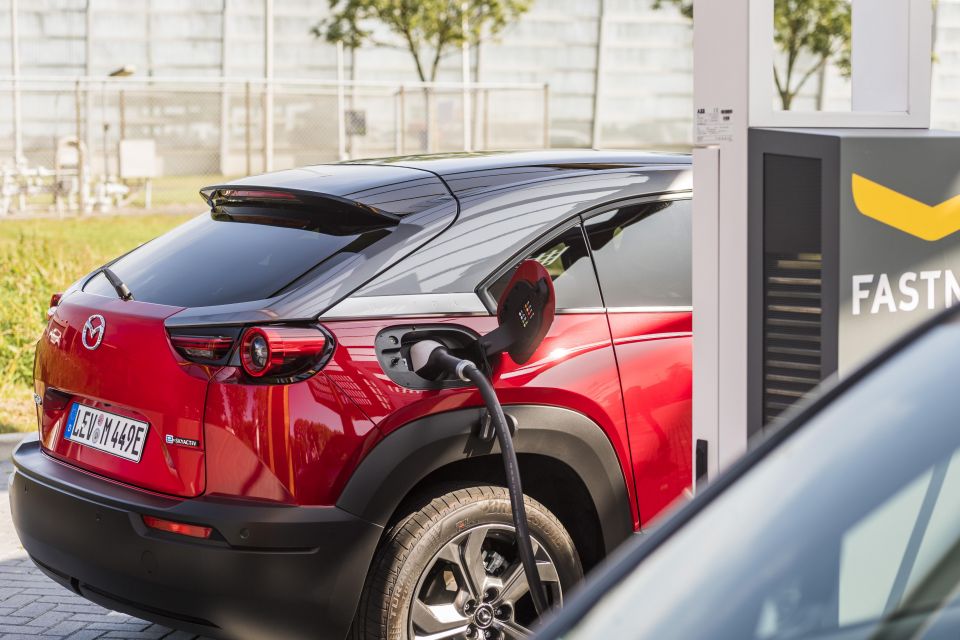
Mazda will also bring its MX-30 EV to showrooms in 2021.
At the luxury end of the market, Audi will bring the E-Tron GT, BMW has the iX3 SUV incoming, Lexus will introduce the UX300e, Volvo is set to introduce the XC40 Recharge, and Polestar will launch its Tesla Model 3-hassling Polestar 2.
Tesla does not report sales figures, but it’s understood the US startup was last year Australia’s best-selling electric car brand with around 5000 sales.
Despite a strong start to 2021, the Australia Electric Vehicle Council warns we’re at risk of falling further behind the rest of the world when it comes to electric cars.
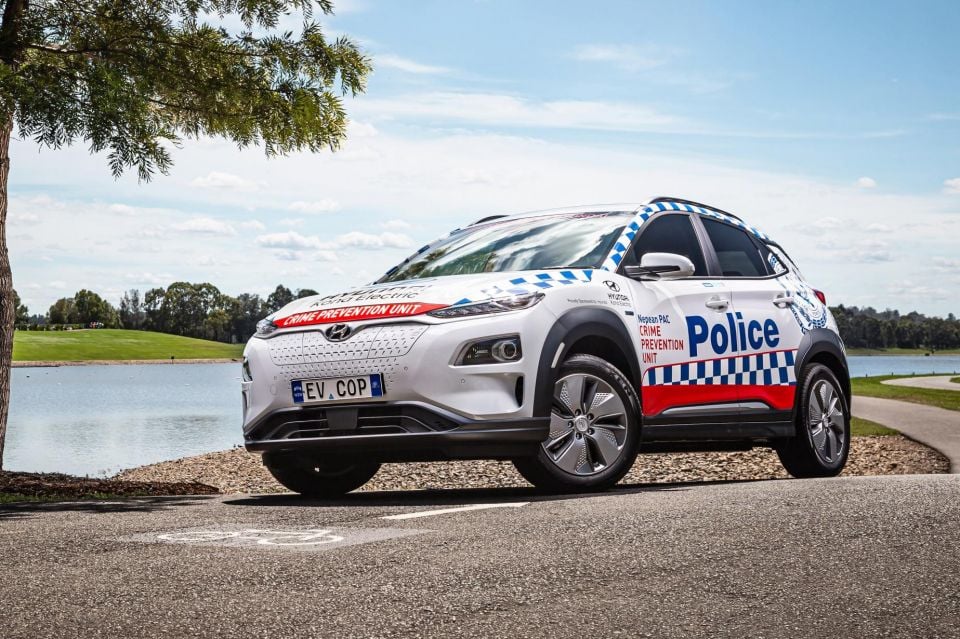
The EV Council points to the fact 6900 electric cars sold in 2020, an increase of 2.7 per cent of 2019, still represented just 0.7 per cent of new car sales in Australia.
In Europe, electric market share jumped from 3.8 per cent in 2019 to 10.2 per cent in 2020. In the UK it went from 3.1 per cent in 2019 to 10.7 per cent in 2020, while three in four new cars sold in Norway was electric.
EV Council chief executive Behyad Jafari says Australians are ready for electric cars, but government inaction is holding them back.
“We have no targets, no significant incentives, no fuel efficiency standards – and in Victoria we even have a new tax on non-emitting vehicles,” Mr Jafari said.
“Our governments are apparently doing everything possible to ensure Australia is stalled with its hazards on while the rest of the world zooms into the horizon.”
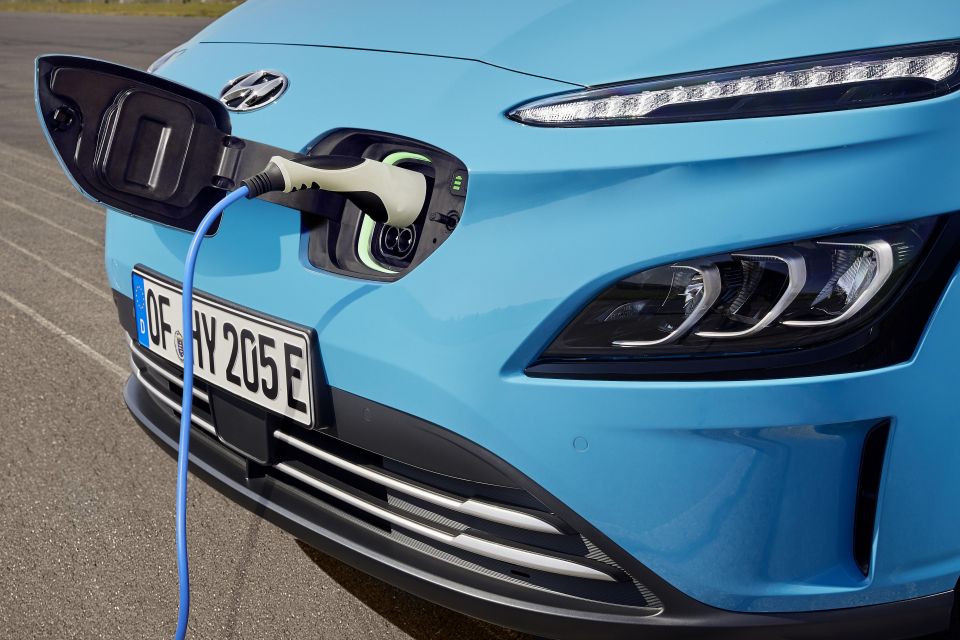
Mr Jafari also said Victoria is discouraging people from buying electric vehicles by pushing its per-kilometre tax onto them.
The tax of 2.5 cents per kilometre for pure electric vehicles and 2.0 cents per kilometre for plug-in hybrid vehicles was announced by the Victorian Treasurer ahead of the 2020 state budget, and will come into force in July 2021.
An electric vehicle owner who travels 15,000km per year will be charged $375 on top of their annual registration fee, while plug-in hybrid owners will pay an extra $300 per year.
Although the estimated $30 million the tax will raise annually won’t be funnelled directly into electric vehicle infrastructure, the Treasurer said $45 million will be set aside in the budget to boost take-up of hybrid, plug-in hybrid, and electric vehicles.


Matt Robinson
3 Hours Ago
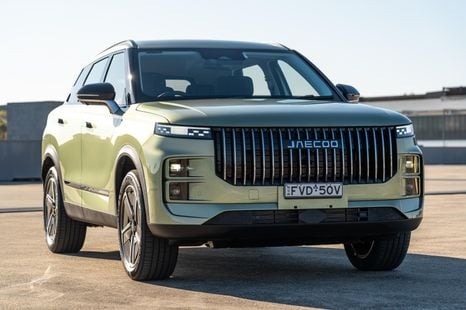

William Stopford
8 Hours Ago
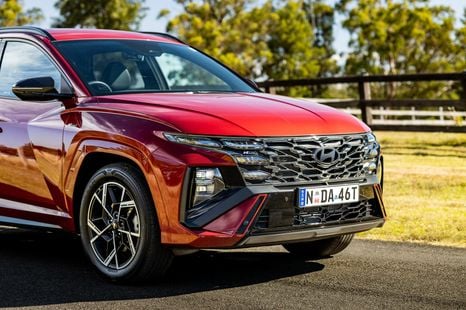

James Wong
9 Hours Ago
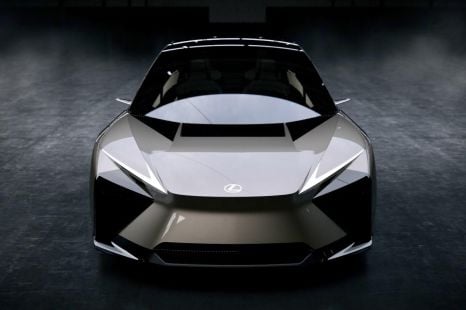

William Stopford
10 Hours Ago
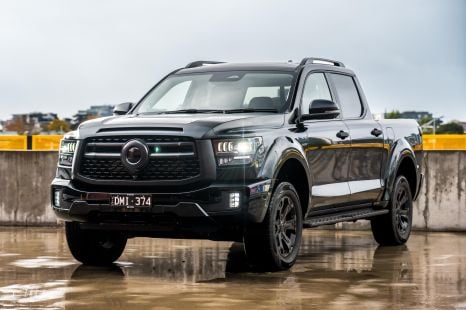

William Stopford
11 Hours Ago


Ben Zachariah
12 Hours Ago
Add CarExpert as a Preferred Source on Google so your search results prioritise writing by actual experts, not AI.